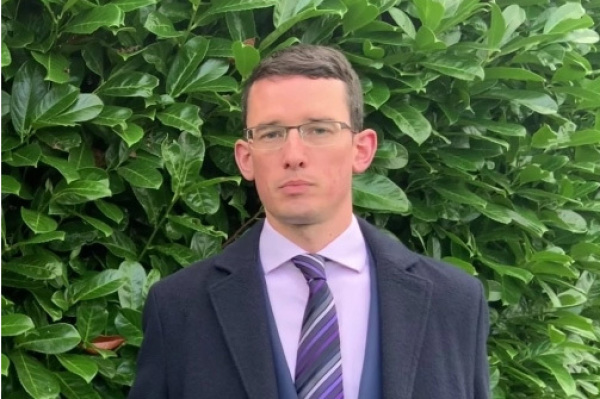Academy Looks to Supreme Court to Appeal Religious Text Ban in Idaho
The Alliance Defense Fund has lost another round of court battles in an ongoing struggle to bring religious texts into the public school curriculum in Idaho.
Upholding a lower court ruling, the Ninth U.S. Circuit Court of Appeals in San Francisco affirmed the dismissal of a lawsuit filed on behalf of the Nampa Classical Academy against the Idaho Public Charter School Commission.
The lawsuit was filed back in 2009 following a decision by the IPCSC to ban religious texts from the public school curriculum. The commission threatened to revoke the NCA’s charter if it used the Bible or any other religious books as resources in their classroom.
Claiming violations of both their First Amendment right to equal protection and 14th Amendment right to due process, and abrogation of their protection under the Idaho Code, the classical liberal arts academy and charter school teachers sued the IPCSC, which adopted the state Attorney General’s position that the use of religious documents or texts in public school curriculum would violate Article IX of the Idaho Constitution.
Article IX explicitly states, “No sectarian or religious tenets or doctrines shall ever be taught in the public schools.”
Federal District Court Judge Edward J. Lodge agreed with the commission’s decision, granting its motion to dismiss the lawsuit in May 2010. He accepted the IPCSC’s arguments that the NCA and its teachers were a “‘State-created unit of government and a State-created office and, thus, not ‘persons’ entitled to the protections of the Federal Constitution.”
Lodge concluded that the Idaho commission acted reasonably and appropriately when it denied religious texts from the Academy’s public school curriculum.
The plaintiffs “simply are not the master of the content of the public school curriculum in Idaho,” the court held. “That responsibility falls squarely” on IPCSC, which “acted appropriately.”
Judge Lodge added, “There simply is no law creating a First Amendment right of either teachers or students to use the Bible or any other sacred religious text as part of a public school curriculum.”
Contesting the federal judge’s decision, the plaintiffs, with the help of the ADF, took the case to the Ninth Circuit.
Concurring with the lower court, Circuit Judges William Fletcher, Stephen Reinhardt and Johnnie Rawlinson dismissed the appeal, stating, “The First Amendment’s speech clause does not ... give Idaho charter school teachers, Idaho charter school students, or the parents of Idaho charter school students a right to have primary religious texts included as part of the school curriculum.”
The three judge panel added, “Because Idaho charter schools are governmental entities, the curriculum presented in such a school is not the speech of teachers, parents, or students, but that of the Idaho government.
They also held that, “The government’s own speech is exempt from scrutiny under the First Amendment’s speech clause.”
Still unsatisfied with the outcome its federal court case, the ADF is preparing to take the case now to the U.S. Supreme Court.
David Cortman, the defense fund’s senior legal counsel told the Idaho Press-Tribune, “In our opinion, the court failed to perform any meaningful analysis of any issue in the case including the seminal one: whether there is any educational purpose to ban all religious documents from objective teaching.”
Cortman also accused the circuit judges of ignoring the right of local school districts to choose their own curriculum and texts.
“Censoring classical books, including religious books, does not improve a student’s education,” he said in a statement. “It harms it.”
He added, “A wholesale ban on books with religious content conflicts with established U.S. Supreme Court precedent stating that even ‘the Bible may constitutionally be used as an appropriate study of history, civilization, ethics, comparative religion, or the like.’ Nampa Classical Academy offered just this sort of complete education, which is what any child deserves.”
In its next appeal, the ADF and its attorneys hope to persuade the Supreme Court that it is constitutionally impermissible for any state agency, including Idaho’s charter schools commission, to “completely ban an entire category of books,” as reported by OneNewsNow.
“It’s just another way of ... dumbing down ... our public education system,” said Cortman.






















